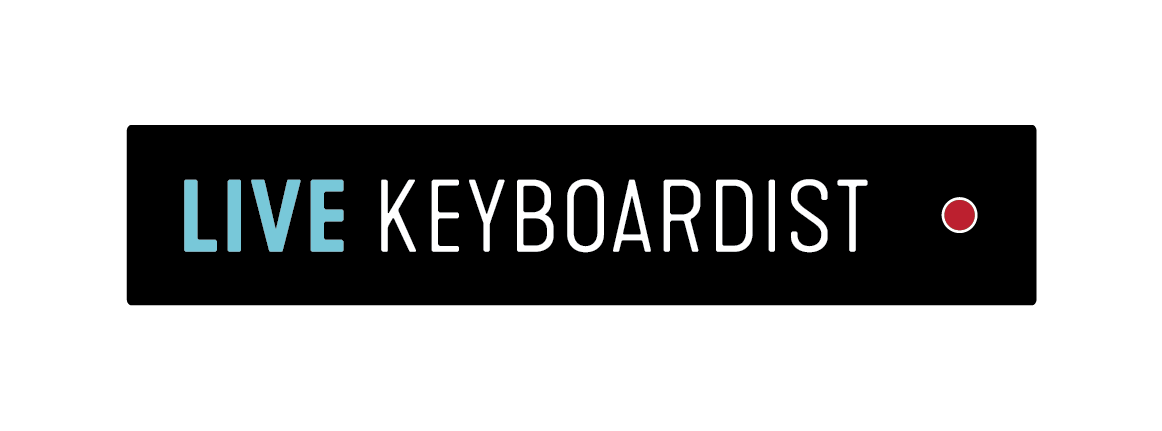Mainstage and Ableton have both earned their rightful place as the go-to performance software for playing live. Neither software is perfect, and although I believe Ableton is the superior piece of software for playing keyboard live, there are use cases for Mainstage, and so if you are trying to decide between the two, you must carefully consider your needs and the pros and cons of each. Today, we are going to breakdown where each piece of software really shines, and some of the pitfalls of each.
Surface Level Differences
- Price Point: Ableton has three price tiers starting at $99 doing all the way up to $740, while Mainstage is humbly priced at $30
- Ableton is a fully functioning DAW, while Mainstage Is really meant more for live performance.
- Mainstage is a lot more visual, and Ableton tends to have a lot more hidden.
Pros and Cons of Mainstage
Pros
Mainstage makes it really easy to see exactly what you are doing. You can quickly add in sounds and set them to a range across the keyboard
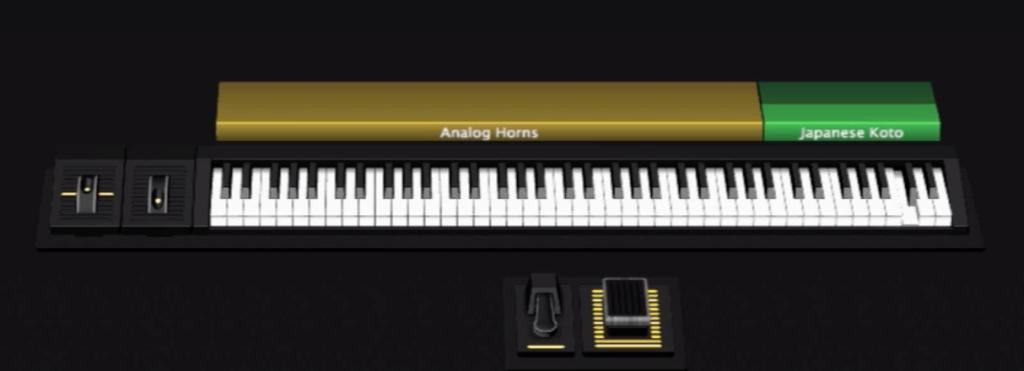
It is also easy to program different chord triggers for each different section of a song, something that is structurally difficult for Ableton. It’s visual layout makes it way faster than nested chord triggers in Ableton
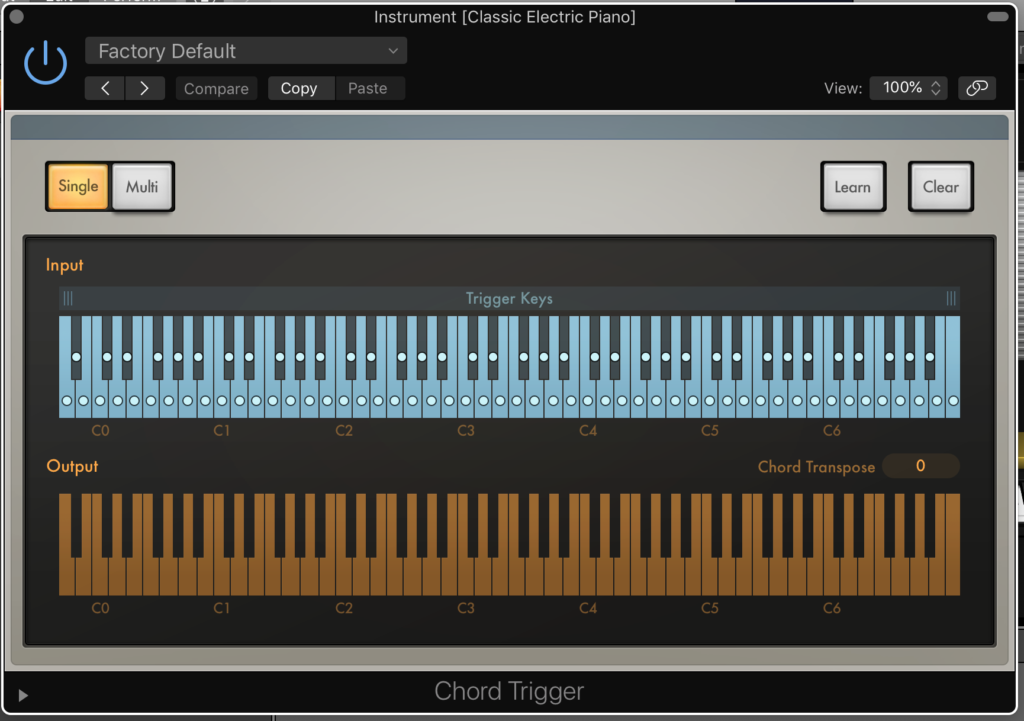
Mainstage allows you to have one knob control different features for each patch, which when you are working with a lot of different songs, can be a nice touch.
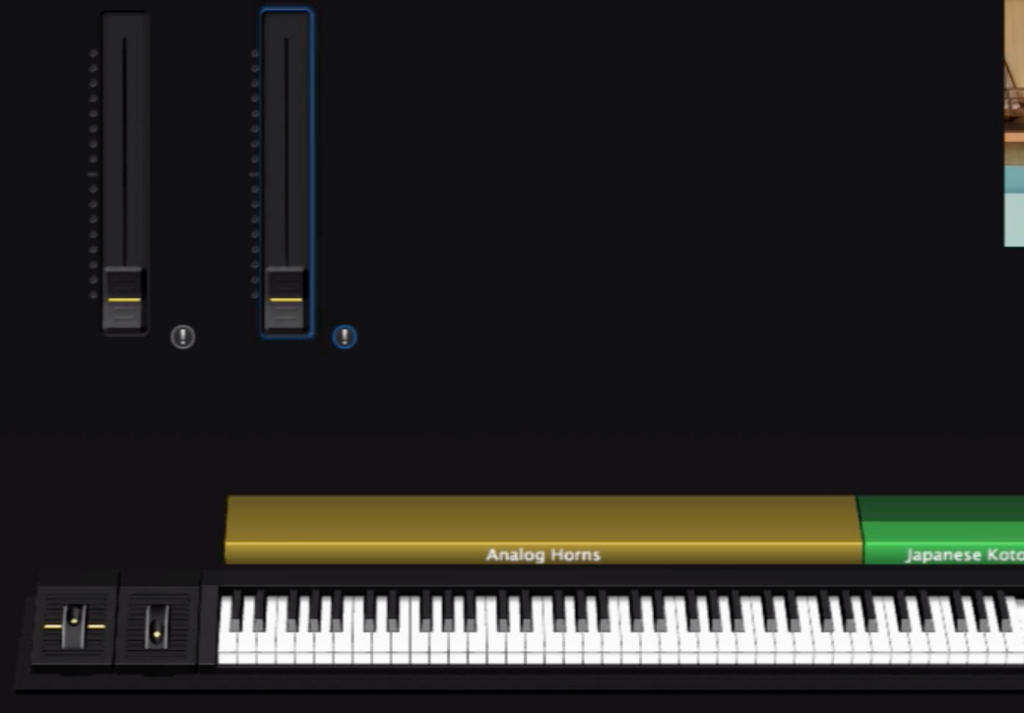
Mainstage allows you to have a visual display of all your controls while you are playing, so you never to wonder what knob controls which parameter. Additionally, it comes with a lot of very usable presets for live performance. Ableton comes with a lot of presets, but they aren’t always aimed directly at keyboard players, so sometimes they require a little tweaking.
Cons
Unfortunately, Mainstage tends not to be the most stable. There are things you can do to make it more reliable, but on the whole, it is resource-intensive.
Mainstages playback features are limited. While you can absolutely use Mainstage to play your backing tracks or loops, the way that it works feels a little clunky, especially in comparison to Ableton.
And lastly, Mainstage is only available for Mac.
Pros and Cons Of Ableton
Pros
Since the Ableton environment isn’t built on “patches” it is easy to use our sound in multiple places throughout your set.
In additional to being a great software for live performance, it also has all of the tools you need to produce.
Ableton makes running tracks and incorporating live looping extremely easy.
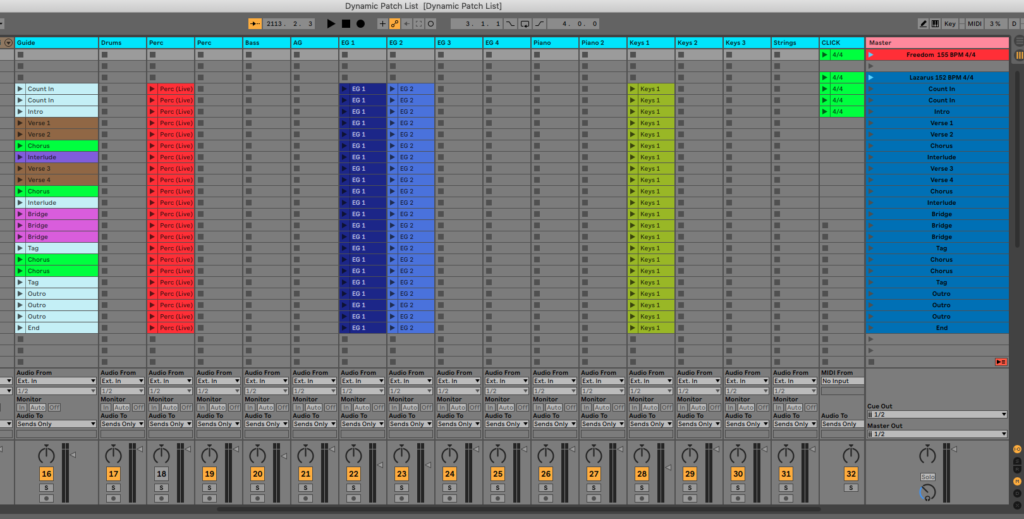
In any areas where Ableton might be lacking, Max For Live allows users to fill in the gaps with custom programming.
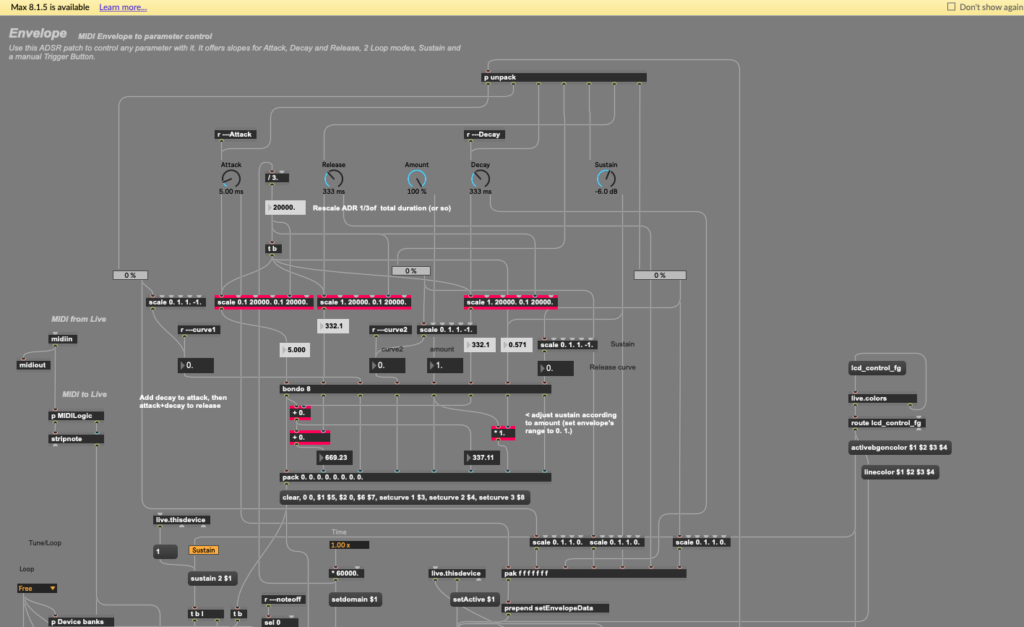
Cons
Ableton can be pretty expensive. There are some scaled back version that are more easily accessible in price range, but the full suite comes in at $749, a boatload more than Mainsage.
There is a lot less visual feedback happening in Ableton – because of this, the user needs to be much more aware of what is going on in the workings of Ableton, and use controllers to balance out the lack of visual feedback on the screen. Over years of operating this way, it has come to feel quite comfortable, if not more comfortable to keep an “eye” on what is happening by using my hardware controllers.
There are significantly less keyboard specific presets, but much can be made of with their library of sounds with a little tweaking.
Who is Mainstage for?
Mainstage is for people who are doing a lot of “song specific” work. It’s ideal for cover bands and for musical theatre. That doesn’t mean it’s not possible to do these things with Ableton, but it’s worth having a good look at mainstage if these are your primary expressions of live performance.
That being said, Mainstage lacks the stability that Ableton has, so in using it, you take the risk of a set up that might crash. It’s not one that I personally want to take, but many people, and many pros, do use it.
Who is Ableton for?
Ableton is best suited for people who like to have a lot of spontaneity in their set up. While it is 100% capable of functioning in a song specific context, it really shines in flexibility in a way that Mainstage does not. It is also a power house for playing along with tracks, and live looping.
If in addition to live performance you would like the ability to produce tracks, Ableton is a better option than Mainstage.
If you are ready to switch from Mainstage to Ableton, I’ve got a complete course helping you through this process with lots of included preset sounds and step by step instructions for building a live keyboard set up in Ableton. You can check that out here
